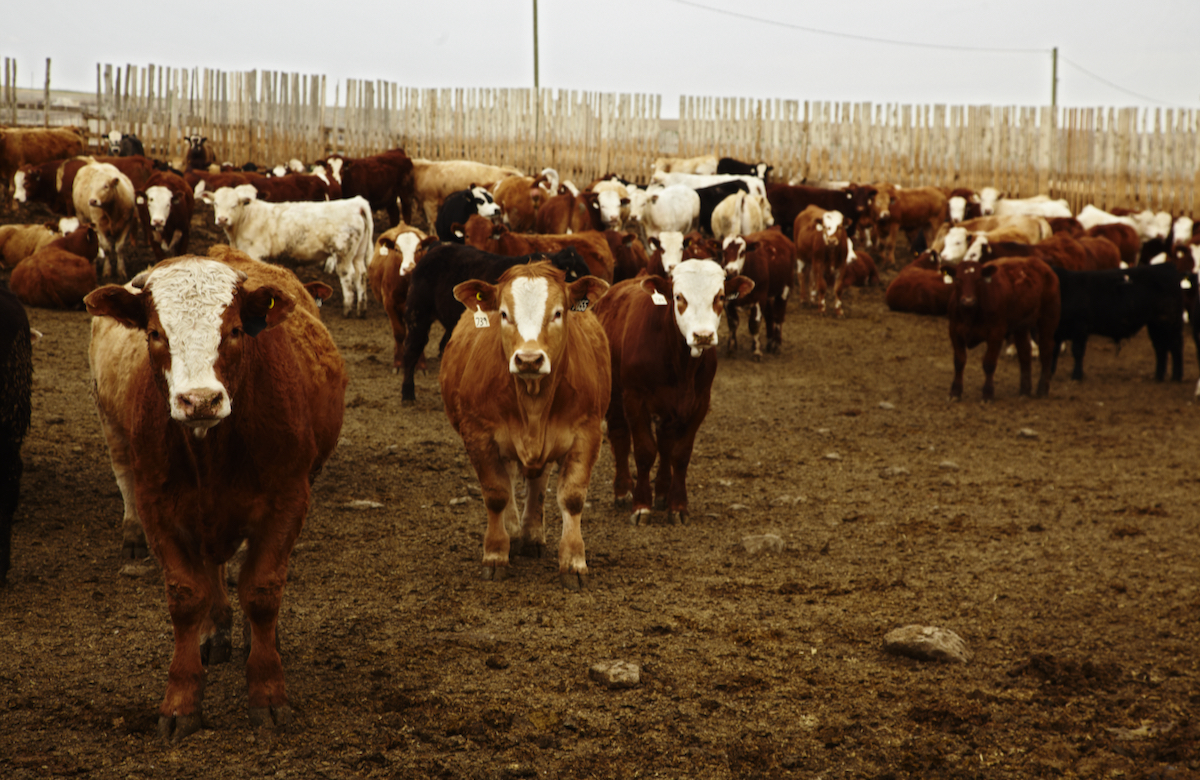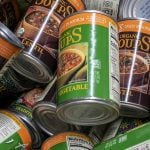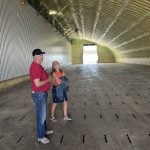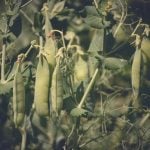Canada’s biggest hog producer, privately held HyLife, is weathering the industry’s severe losses inflicted by the U.S. drought, but fears losing part of its pig supply as buyers line up for other distressed farms, the company’s chief operating officer said on Thursday.
While rival Canadian hog producers Big Sky Farms and Puratone Corporation entered receivership and creditor protection respectively this autumn, HyLife has maintained its hog production and kept its Neepawa, Manitoba processing plant running at expanded capacity, said HyLife COO Claude Vielfaure.
Like the rest of the industry, Hylife has absorbed losses as high as $50 per pig it produces, due mainly to sharply higher feed grain costs after the worst U.S. drought in 56 years.
Read Also

U.S. livestock: Cattle at fresh highs, hogs weaken
Cattle futures on the Chicago Mercantile Exchange climbed to fresh highs on Tuesday, as tight supplies and the ongoing closure…
But the company has survived and is not contemplating a sale, as its processing, genetics, transportation and feed businesses smooth out losses from pig production, Vielfaure said.
"We do a lot of the stuff that helps reduce the cost of production to our company," he said in an interview with Reuters from the head office in La Broquerie, Manitoba. "It certainly balances out your revenue."
On Wednesday, Canadian hog producer and processor Maple Leaf Foods took a $13 million charge on the declining value of its hogs and poultry.
Canada is the world’s third-largest pork exporter, with its top markets in the United States, Japan and Russia.
Concerned about supplies
HyLife produces 1.4 million hogs annually, but relies on pigs from other farms for 40 percent of the supplies for its processing plant.
Many independent farms in Western Canada have closed their barns, cut back their herds or, as with Puratone, been forced to seek new owners to manage growing debt.
HyLife relies on Puratone alone for 3,000 pigs per week, or more than 10 percent of the slaughter at its processing plant, which may go elsewhere depending on who takes over Puratone.
The worst-case scenario would be if U.S. packers acquired the biggest Canadian hog farms and diverted supplies for slaughter in the United States.
"It’s all about getting supplies to our plants, and obviously that would be a concern if all those pigs started filtering to the U.S," Vielfaure said.
"That’s certainly not what you want to see."
Puratone and Big Sky would be too costly for HyLife to acquire, Vielfaure said. Manitoba law prohibits expansion of hog barns, preventing the company from boosting its own generated supplies.
The receiver for Big Sky has received a $65-million offer for the Saskatchewan company from Olymel LP, one of Canada’s two big pork processors. It is accepting other offers and the receiver has said that Maple Leaf and U.S. companies have shown interest.
Puratone’s creditor protection has been extended until Nov. 12, as it works out a possible sale with one potential buyer who has asked to remain anonymous until a deal is reached, according to court documents.
Market conditions for raising pigs should improve by next summer, assuming the U.S. Midwest corn-growing region gets rain and produces a better crop, Vielfaure said.
"We’re optimistic about the future of the hog industry. We’ve been in this for a long time, and we understand the highs and lows. Next year should be a really good year."
Rod Nickel reports for Reuters from Winnipeg















